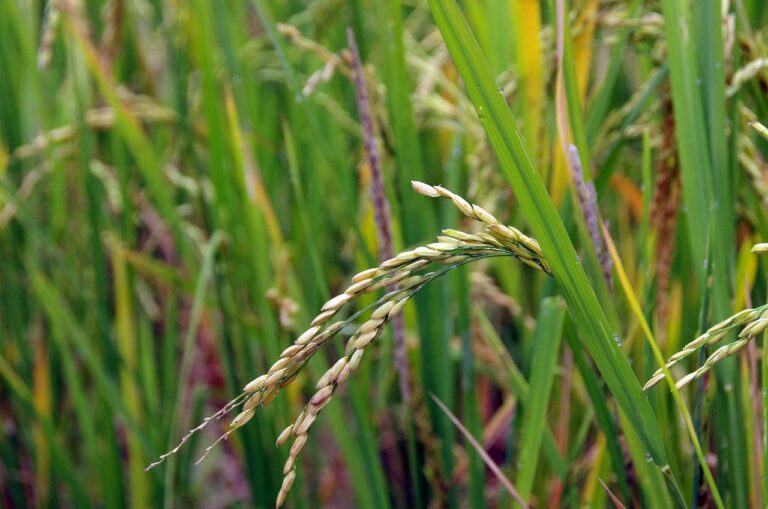The Role of Food in Building Sustainable Food Systems: Promoting Equitable Access to Healthy Food
Building sustainable food systems is crucial for several reasons. Firstly, these systems promote environmental conservation by reducing the carbon footprint of food production and distribution. By implementing sustainable practices like organic farming and local sourcing, emissions from transportation and chemical inputs can be significantly minimized. This not only helps combat climate change but also protects ecosystems and biodiversity.
Secondly, sustainable food systems play a pivotal role in addressing food insecurity and ensuring equitable access to nutrition. By emphasizing local food production and supporting small-scale farmers, communities can become more self-reliant in meeting their dietary needs. This approach not only enhances food sovereignty but also fosters economic development and resilience in the face of global crises.
The Connection Between Food Systems and Health
The food systems that we have in place impact our health more than we may realize. The quality and availability of the foods we consume play a significant role in determining our overall well-being. When individuals do not have access to nutritious and healthy foods, it can lead to various health issues such as obesity, malnutrition, and chronic diseases.
Moreover, the way in which food is produced, processed, and distributed can also affect our health. For example, intensive farming practices that rely heavily on pesticides and chemicals can result in contamination of the food supply, leading to harmful effects on human health. On the other hand, sustainable and organic farming methods promote healthier ecosystems and provide consumers with food that is free from harmful chemicals, ultimately contributing to improved health outcomes.
• Intensive farming practices can lead to contamination of food supply
• Sustainable and organic farming methods promote healthier ecosystems
• Access to nutritious foods is essential for overall well-being
Challenges in Accessing Healthy Food
Accessing healthy food can be a formidable challenge for many individuals and communities worldwide. Factors such as high prices of nutritious foods, limited availability of fresh produce in certain areas, and lack of transportation to reach grocery stores offering healthy options contribute to this issue. Additionally, disparities in income levels and food insecurity further exacerbate the difficulty in accessing wholesome and nourishing food choices.
Furthermore, inadequate knowledge about nutrition and cooking skills can hinder individuals from making informed choices when it comes to selecting and preparing healthy meals. This lack of education around proper dietary habits and food preparation techniques can lead to a reliance on fast food or processed options, which are often high in unhealthy fats, sugars, and additives. As a result, the perpetuation of poor eating habits due to a combination of limited access to fresh and nutritious foods, along with a lack of nutritional knowledge, poses a significant barrier to achieving optimal health and well-being.
Why is building sustainable food systems important?
Building sustainable food systems is important because it ensures that everyone has access to healthy and nutritious food, reduces environmental impact, and supports local economies.
How are food systems connected to health?
Food systems play a crucial role in determining the availability and accessibility of healthy food options, which directly impacts individuals’ health outcomes and overall well-being.
What are some of the challenges in accessing healthy food?
Some challenges in accessing healthy food include food deserts, lack of transportation, high cost of nutritious foods, and limited availability of fresh produce in certain areas.







